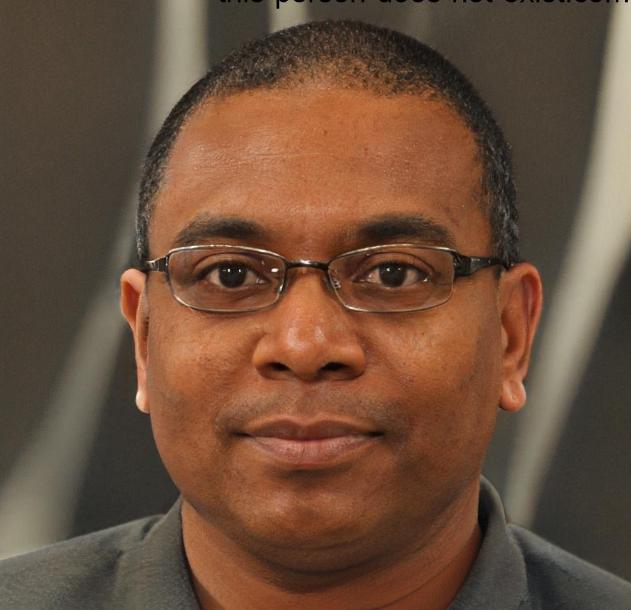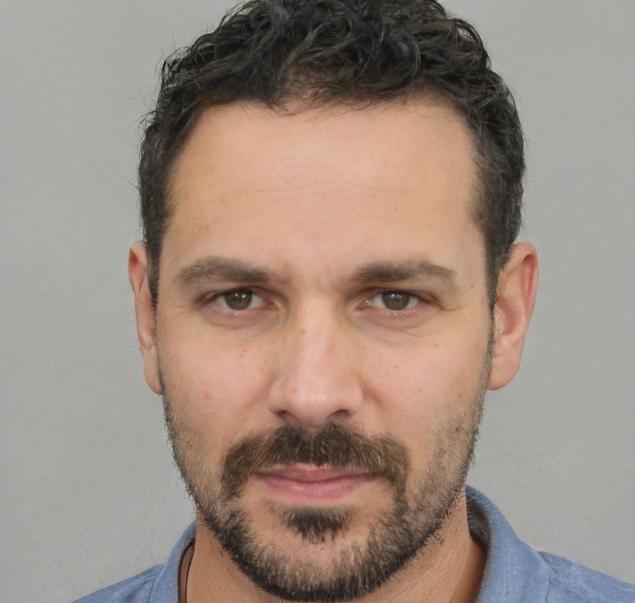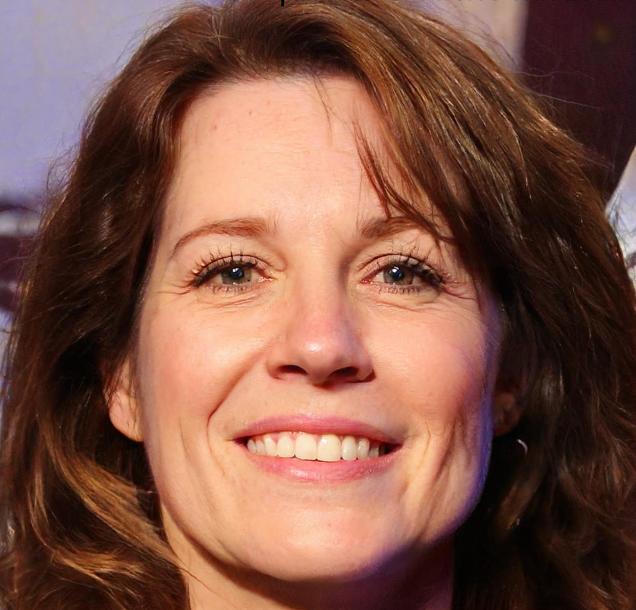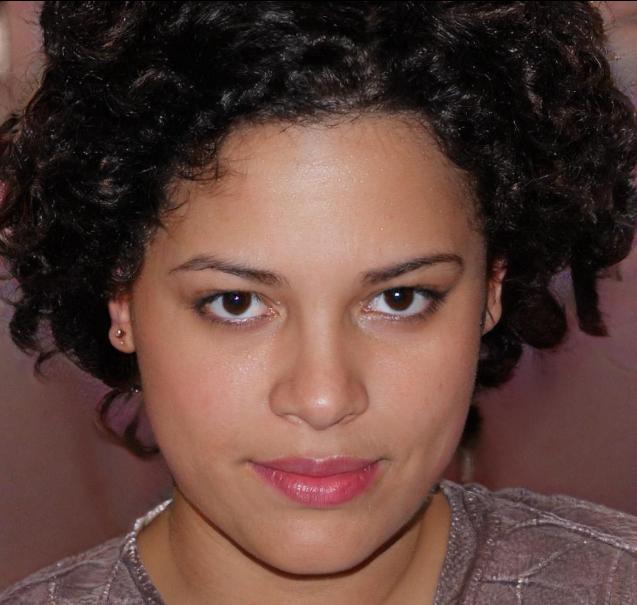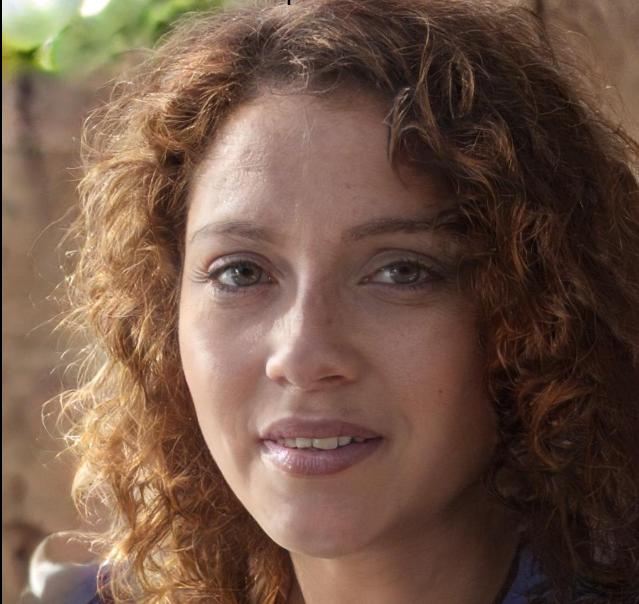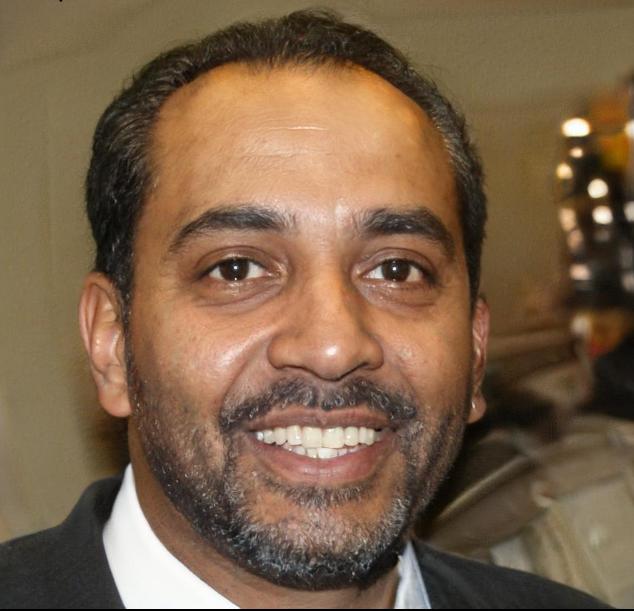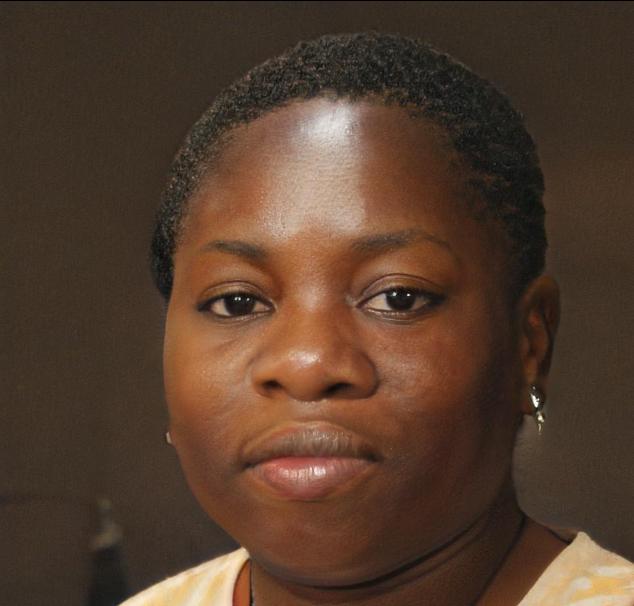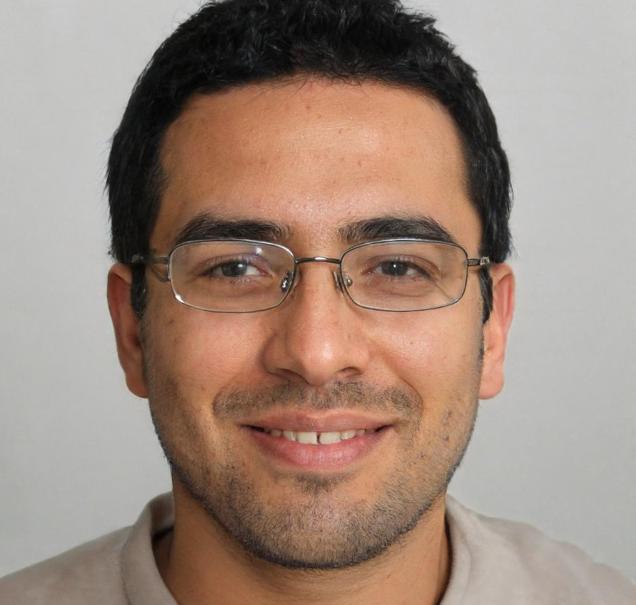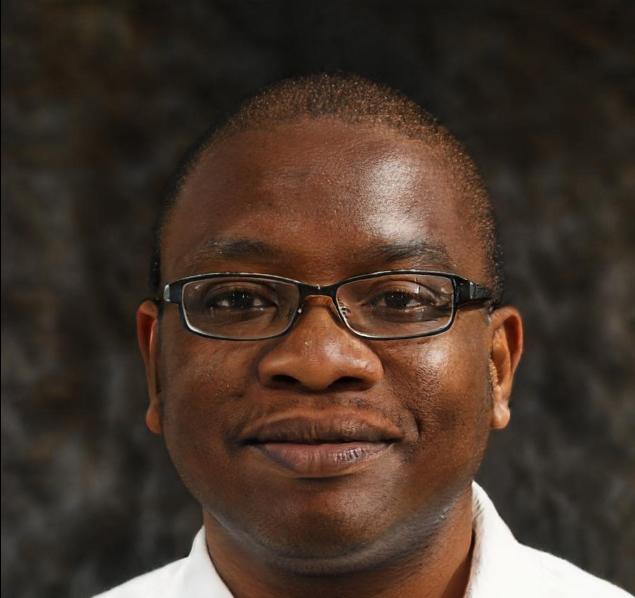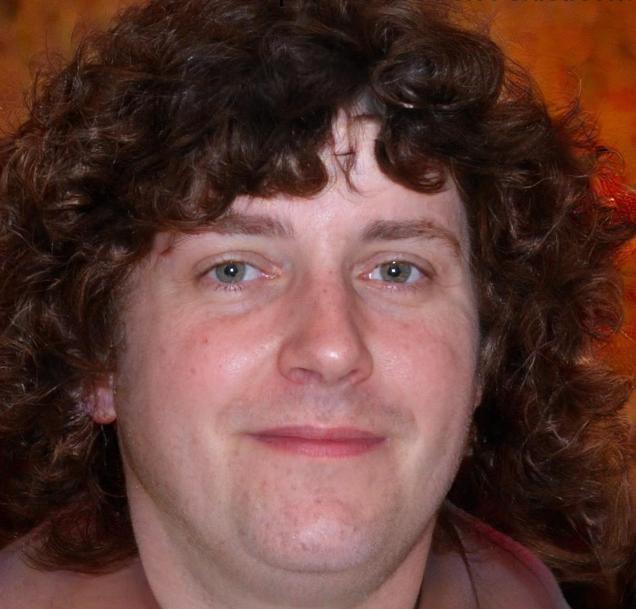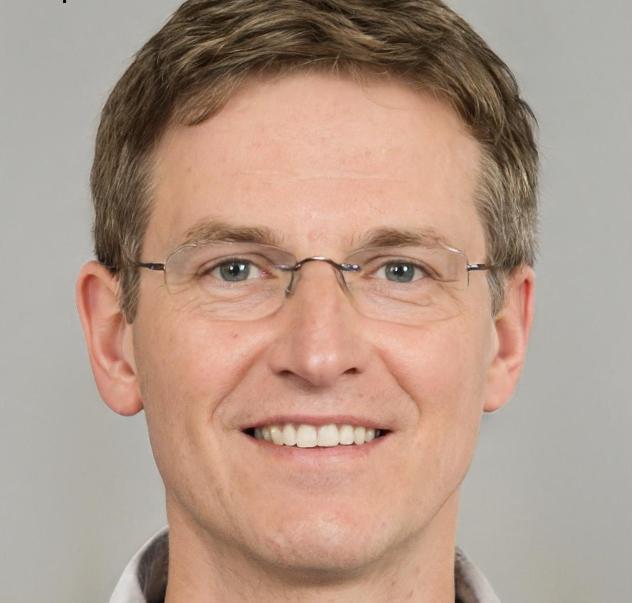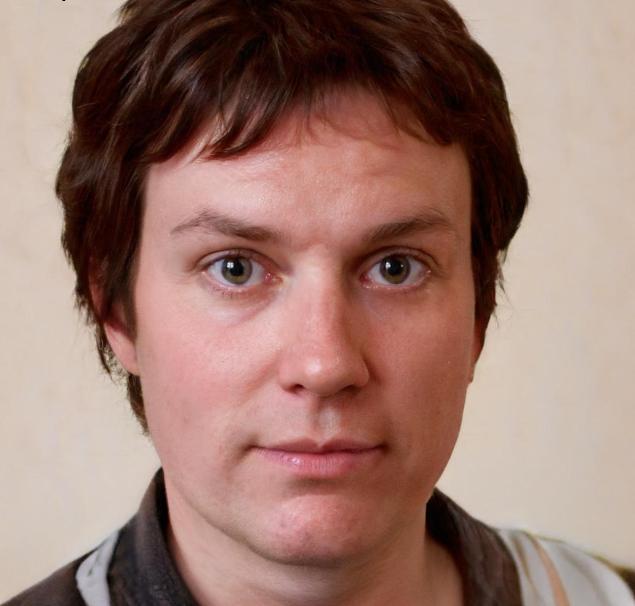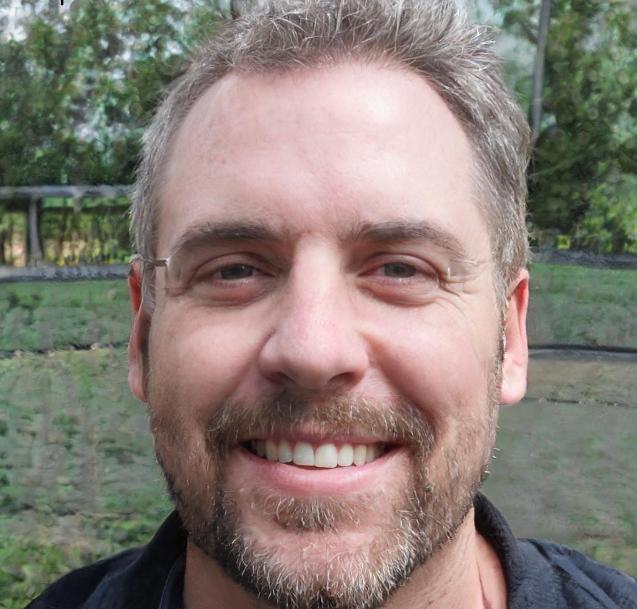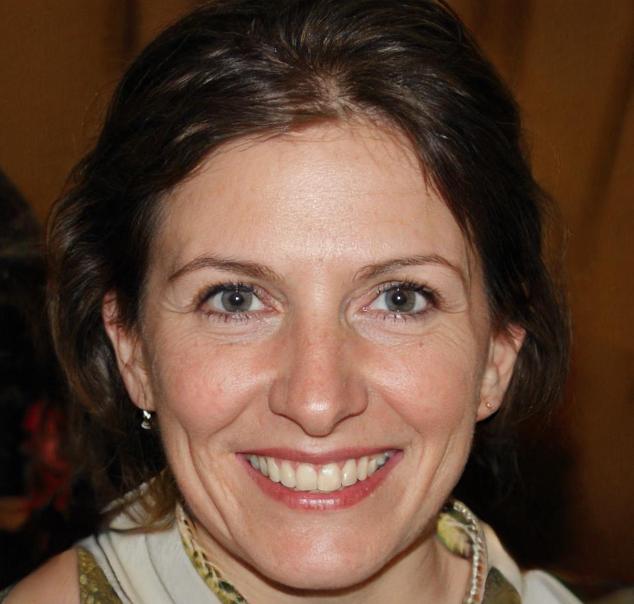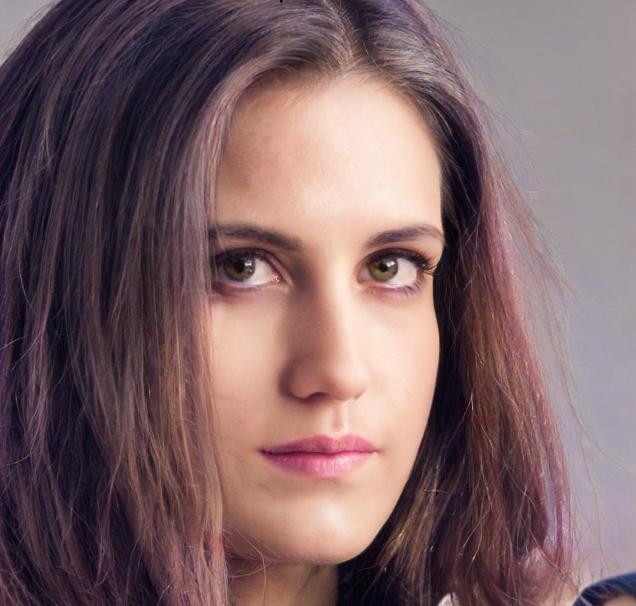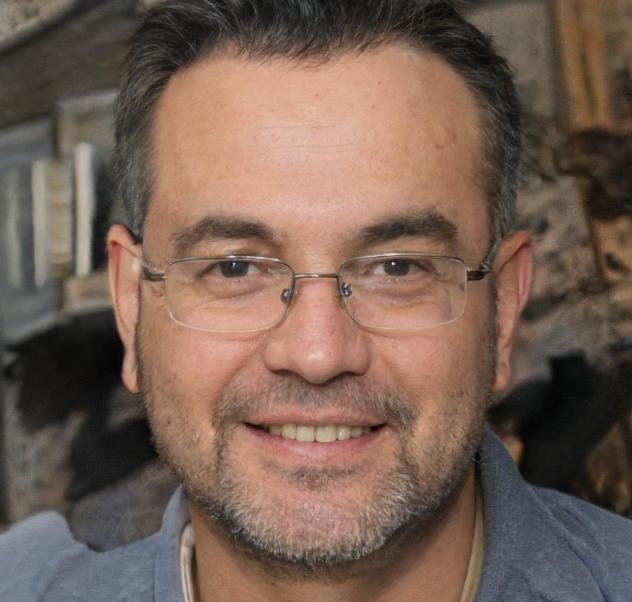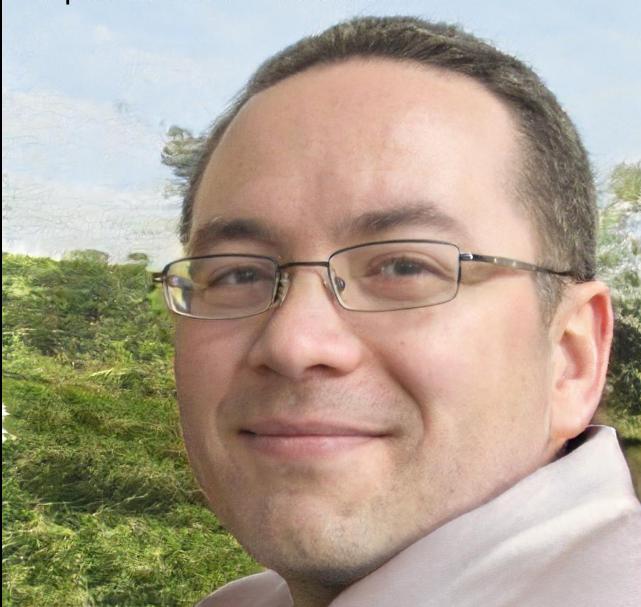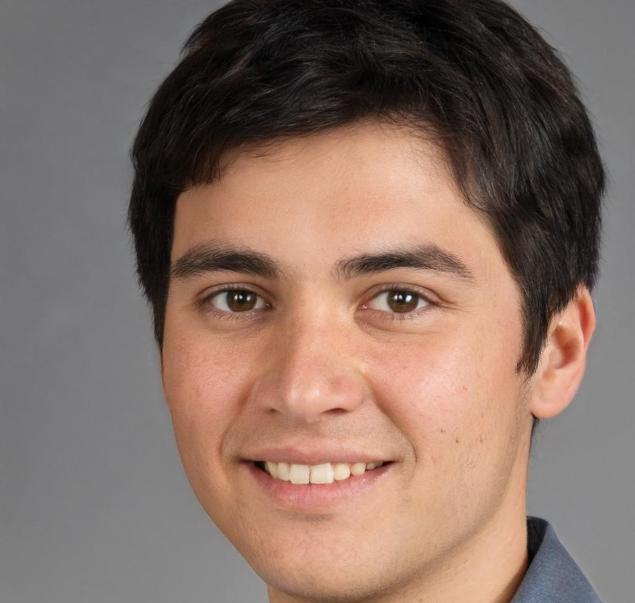Thursday, Jan. 1, 2099
WIll Humans Will Be Immortal By 2030?
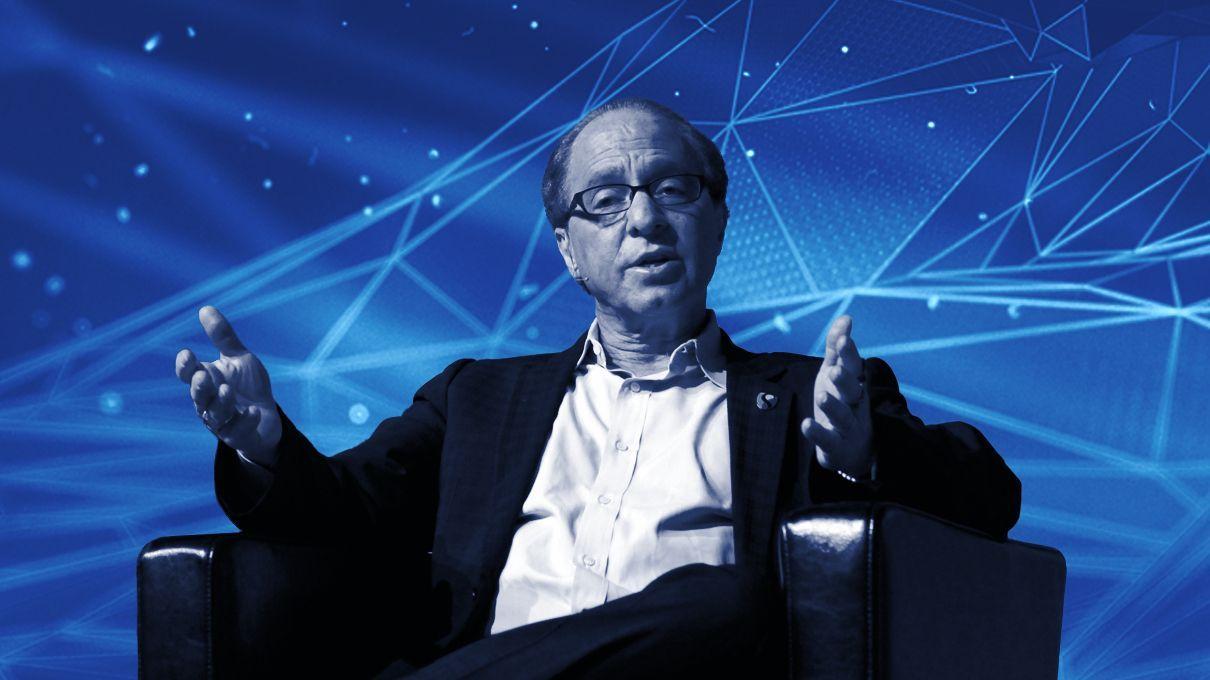
Exploring the Bold Claims and Controversial Predictions of Renowned Futurist Ray Kurzweil
Imagine a world where humans are no longer bound by the limitations of mortality, where death becomes a thing of the past. It may sound like science fiction, but according to futurist Ray Kurzweil, this could become a reality by the year 2030. Kurzweil, a renowned inventor, author, and futurist known for his bold predictions and controversial views, has long been an advocate of the idea that humans can achieve immortality through advanced technologies. In this article, we will explore Kurzweil's claims and predictions, examining the potential implications and ethical considerations of a world where humans may live indefinitely.
Ray Kurzweil, a pioneer in the field of artificial intelligence and a leading proponent of transhumanism, has been making headlines for decades with his futuristic and sometimes controversial predictions. He has been a vocal advocate for the idea that humans can transcend their biological limitations through technological advancements, leading to a future where humans can achieve immortality. According to Kurzweil, this radical idea could become a reality within a mere decade, by the year 2030.
At the heart of Kurzweil's predictions is the concept of "technological singularity," a hypothetical future point in time when technological progress accelerates at an unprecedented rate, leading to profound and unpredictable changes in human civilization. Kurzweil believes that the exponential growth of technologies such as artificial intelligence, biotechnology, and nanotechnology will eventually lead to a point where humans can achieve near-immortality by integrating these technologies with their own biology.
One of Kurzweil's key arguments is that the pace of technological advancement is not linear but exponential, meaning that it is accelerating at an ever-increasing rate. He points to the rapid progress in areas such as computing power, DNA sequencing, and medical research as evidence of this exponential growth. Kurzweil argues that as technology continues to evolve at an exponential rate, it will eventually reach a point where it can effectively overcome the limitations of aging and disease, leading to the possibility of human immortality.
Kurzweil envisions a future where humans can enhance their bodies and minds with advanced technologies, allowing them to live longer, healthier lives. He believes that through the use of nanobots, tiny machines capable of operating at the molecular level, humans could repair and rejuvenate their bodies, effectively halting the aging process. Additionally, he envisions a future where humans can upload their consciousness into computers, allowing them to live on in a digital form, free from the constraints of a physical body.
However, Kurzweil's predictions are not without controversy. Many critics and skeptics question the feasibility and ethical implications of achieving human immortality. Some argue that it may lead to societal imbalances, as only the wealthy would have access to expensive technologies that could extend their lifespan, creating a divide between the "haves" and the "have-nots." Others raise ethical concerns about the potential consequences of uploading human consciousness into computers, such as issues of identity, privacy, and the nature of humanity itself.
Despite the skepticism and ethical concerns, Kurzweil remains steadfast in his belief that humans can achieve immortality through technology. He argues that as our understanding of biology, genetics, and computing continues to advance, the barriers to human immortality will gradually be overcome. He predicts that within the next decade, we will see significant breakthroughs in areas such as regenerative medicine, genetic engineering, and brain-computer interfaces, bringing us one step closer to the realization of his bold vision of human immortality.
Critics argue that Kurzweil's predictions are overly optimistic and fail to account for the complex ethical and societal implications of achieving immortality. They raise concerns about the potential for overpopulation, resource depletion, and the impact on social structures if humans were to live indefinitely. Additionally, the idea of uploading consciousness into computers raises philosophical questions about the nature of consciousness, identity, and what it means to be human.
Despite these concerns, Kurzweil remains undeterred in his pursuit of human immortality. He believes that the potential benefits of extending human lifespan far outweigh the risks and challenges. He envisions a future where humans can live longer, healthier lives, free from the limitations of aging and disease. He sees a world where technological advancements empower humans to overcome their biological constraints and unlock new possibilities for personal growth, exploration, and discovery.
Kurzweil's vision of human immortality also has implications for industries such as healthcare, pharmaceuticals, and insurance. If humans were to achieve immortality, the healthcare and pharmaceutical industries would need to shift their focus from treating diseases of old age to enhancing longevity and well-being. Insurance policies would need to be reimagined, as the concept of mortality would no longer apply in the same way.
The realization of Kurzweil's vision of human immortality would also have profound implications for spirituality, religion, and ethics. Traditional beliefs about life, death, and the afterlife would need to be reevaluated in light of the possibility of indefinite human lifespan. Ethical frameworks would need to be developed to address issues such as access to life-extending technologies, equitable distribution of resources, and the impact on the natural environment.
As with any futuristic prediction, Kurzweil's claim of achieving human immortality by 2030 is met with both excitement and skepticism. While his ideas push the boundaries of what is currently possible, they also raise important ethical, social, and philosophical questions that need careful consideration. As technology continues to evolve and our understanding of biology, genetics, and computing advances, the debate on human immortality will likely intensify.
In conclusion, Ray Kurzweil's bold prediction of achieving human immortality by the year 2030 is a topic of fascination, controversy, and debate. While his ideas may seem far-fetched to some, they reflect his unwavering belief in the potential of technology to transcend the limitations of human biology. Whether or not his predictions come to fruition, Kurzweil's vision of a world where humans can achieve immortality challenges us to rethink our understanding of life, death, and the possibilities of human existence in the future.
Disclaimer: This article is a fictional story created for the purpose of this newspaper design concept and does not reflect actual events or news. While soome names and places may be true, actual events mentioned are purely fictional and not intended to represent real individuals or entities.
